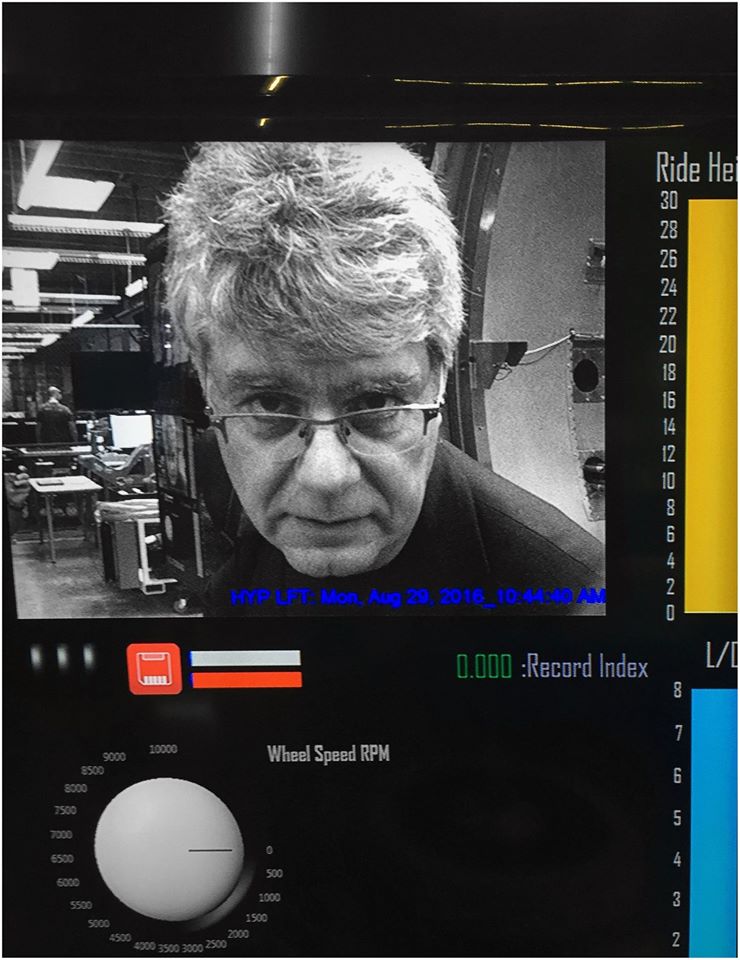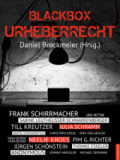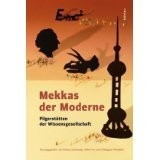Der Prozess der Peer Review, in dem Experten die (wissenschaftliche) Arbeit von FachkollegInnen beurteilen und bewerten, gilt zwar als der Goldstandard für wissenschaftliche Publikationen – doch nichts an dem Prozess sei golden oder gar so etwas wie ein Standard, warnt die Washington Post in diesem Meinungsbeitrag*: Why we shouldn’t take peer review as the ‘gold standard’. Womit sie nicht sagen, dass Peer Review abgeschafft werden sollte – aber es wäre oft hilfreich, wenn wir uns der Grenzen und Schwächen dieses Prozesses bewusst bleiben; die Autoren geben ein paar einschlägige Beispiele dazu…
* Inzwischen ist der Beitrag leider hinter der Paywall verschwunden. Dieser Blogbeitrag von einem der Autoren, Jon Tennant, hilft vielleicht ein bisschen weiter.
Und ich packe hier jetzt einfach noch ein paar weitere Zitate rein:
“Similarly, fossil fuel industry interests have tried to distort the public debate on climate change by sponsoring research and exploiting the prestige of peer review, undermining the overwhelming scientific consensus on the topic. For many years, climate skeptics published studies in the journal Energy & Environment, which had little credibility among climate scientists, even though it had a peer review process. (One of its articles said inaccurately that the sun is made of iron.) (…) Sonja Boehmer-Christiansen, is an avowed climate change skeptic: “I’m not ashamed to say that I deliberately encourage the publication of papers that are skeptical of climate change,” she told the Guardian in 2011.”
“Peer review has also sometimes stymied important research. Senior scientists are more likely to be asked to assess submissions, and they can shoot down articles that conflict with their own views. (…) A 2015 study of 1,000 medical journal submissions found that of the papers that were eventually published, the 14 that became the most frequently cited were initially rejected. Groundbreaking studies by Sir Frank MacFarlane Burnet, Rosalind Yalow, Baruch Blumberg and others were rejected by peer reviewers, yet later led to Nobel Prizes.”
“With more transparency about the publication process, we might have a more nuanced understanding of how knowledge is built — and fewer people taking “peer-reviewed” to mean settled truth.”





Kommentare (17)